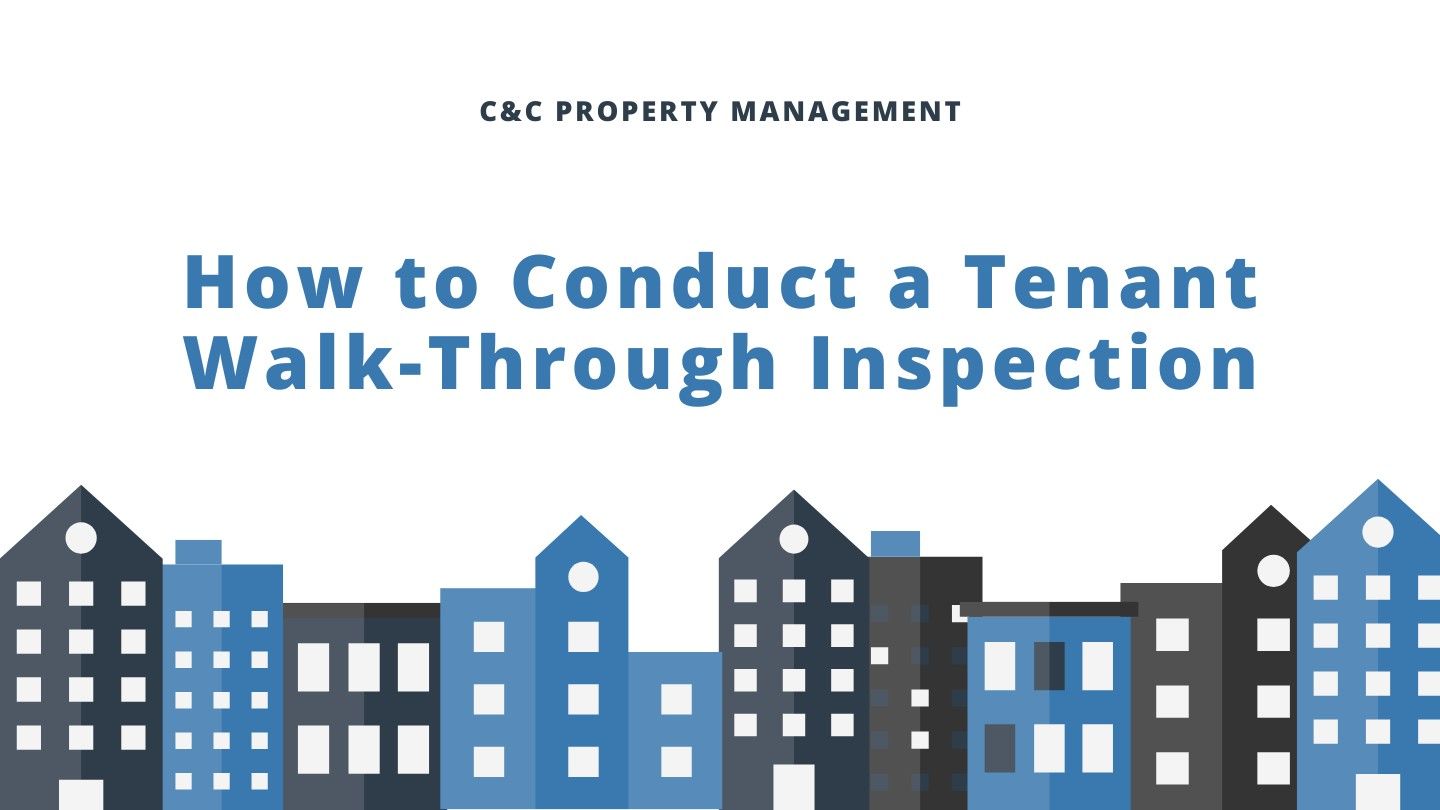Current Credit Market Condition - Real Estate's Walking Time bomb
With a credit market in flux, commercial investors are facing headwinds and residential ones could soon follow suit. Without careful navigation of the situation, their investments may be at risk.

Are you feeling uncertain about the future of our economy? The reports vary, and no one is sure exactly what’s in store. What we do know, however, is that a looming danger exists whether within real estate or credit markets; if not addressed swiftly it could lead to serious consequences for us all. How can we take steps now to prevent disaster down the road?
The Walking Time Bomb
Credit markets often get overlooked, when in fact they provide valuable insight into economic trends. As key measures of strength or weakness within the economy and financial system as a whole, we need to pay attention to:
- unemployment rates
- interest levels on borrowing money (both corporate and consumer)
- Wall Street performance figures such as stocks & bonds values/volumes traded;
- housing starts for new houses built;
- existing home sales numbers
- corresponding prices all over the country
this comprehensive gauge can inform us whether our national economy is heading towards growth or recession.
Credit cycles can have a possibly profound influence on the economy, rivaling even more visible and studied economic indicators. With this in mind, it's important to keep an eye out for any developments that could signal future changes in credit availability.
Credit Cycle and its Impact
In the ever-changing credit market, visibility into potential risks can be limited. One day it might seem like a free for all and before you know it, restrictions could come crashing down with far reaching impacts on real estate investments more so than essential goods such as food and fuel.
The financial market is a complex web of human emotions, and current credit cycles are proof. As Warren Buffett puts it, even the most experienced investors find themselves unable to accurately foresee these fluctuations - leaving markets vulnerable to volatility and unpredictability. To mitigate this risk, you must understand how psychology can shape your investments by following expert advice like Buffet's in order to best manage exposure during turbulent times.
With the ticking clock of short-term commercial real estate loans, successful refinancing is a must for investors. Refinancing these maturing debts will either make or break investments in the long run - pressuring operators and their teams as they seek to stay afloat in times where liquidity matters most. To ensure success into 2021 and beyond, careful preparation now can be key during this financially precarious period.
Despite recent economic stability, the same consequences of a financial downturn can still re-emerge: defaults, foreclosures and hardship. With decades in business under my belt I have seen first hand how these issues play out - but if well capitalized investors step up to the plate there is potential for upside too. My hope is that no one has to suffer such misfortune again.
With a higher demand for capital and longer loan time frames, financial institutions must be extra careful in their lending. The current economic climate is an example of this behavior as increased risk premiums are built into loans and general throttling down on the amount offered. Though prudent when banking with people's money, it can cause a negative impact to those who need access to funds more readily than what may currently be available.
Credit markets can be a volatile beast that responds to ever-shifting economic news. This volatility in turn creates significant psychological impacts on the investment sector, from real estate and Wall Street all the way down. The cycle is vicious as newly tightening credit causes further problems within these industries, leading to even more restrictive lending standards - creating an unescapable downward spiral with massive implications for investors everywhere.
A Generous Credit Market
In the past decade, we have witnessed a credit market full of opportunity and promise. Real estate investors new to this era have been fortunate enough to take advantage of generous lending conditions that promote growth for everyone involved - from individuals to entire industries. It has truly been an uplifting time with money flowing like never before!
In a generous credit market, investors are uncharacteristically eager to seize beneficial prospects. Risk-taking is no longer off the table as due diligence takes a back seat and loan covenants become more lenient in an effort to win over lenders. Consequently, asset prices skyrocket while prospective returns diminish on increasingly risky investments -- all seemingly bolstered by an optimistic feeling that success will be boundless!
Even during times of prosperity, investors must remain vigilant in ensuring their investments are sound. Warren Buffett's famous warning serves as a reminder that complacency can be costly - when success ebbs away, it becomes painfully apparent who has failed to take the necessary protective measures. For many syndicators and real estate investors already on shaky ground before this downturn hit, unfortunately time may have run out for them; but those still standing should use these difficult moments to ensure they’ve taken all precautions against future economic headwinds.
A tight Credit Market
The current credit market has shifted away from speculation and towards caution. As the desire for potential gains diminishes, individuals remember that losses can be twice as difficult to rebound from than wins are to achieve. The importance of avoiding risky investments is now at its peak - it's essential we understand how even a small loss could lead us down an unpredictable path if not properly managed.
The current economy is exhibiting a number of troubling signs, from credit markets that are too tight to persistent risk aversion. Everywhere there's talk of loan shortages, defaults and bankruptcies - not to mention the widespread perception that conditions will only get worse in coming years. Under these circumstances it can be difficult for investors or lenders who want to capitalize on low asset prices but don’t wish to expose themselves unduly high levels of risk without ample reward potential – especially when coupled with restrictive lending covenants.. Now more than ever we must consider all angles before making any investment decisions so as not overemphasize downside risks while missing out back-end rewards should economic recovery take shape sooner rather than later.
Alarming News
Fitch Ratings has recently sounded an alarm, declaring that a significant portion of maturing volume in commercial real estate deals are not able to refinance without some serious refinancing thresholds being met. The report indicated that NOI growth must average at least 1.5x current in-place NOI or new equity infusion with deleveraged debt by one-third on average is needed for these ventures to pass their respective financing tests - presenting a complex challenge for many investments and businesses within this field.
It's essential for all investors, both commercial and individual, to stay up-to-date on the current credit market conditions. To help you do just that, we've compiled a range of informative articles and videos on our website and youtube channel. Be sure to also follow us on social media for the latest updates!








